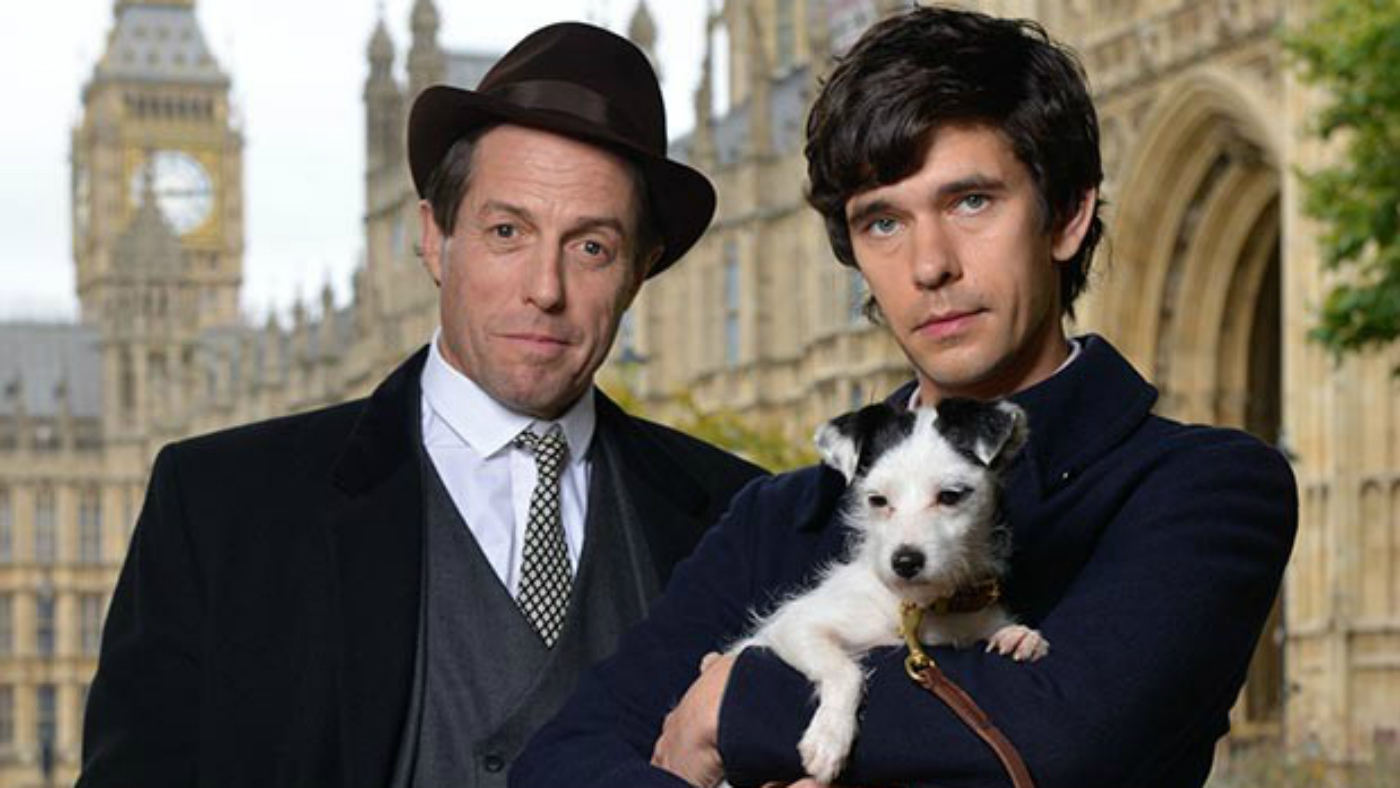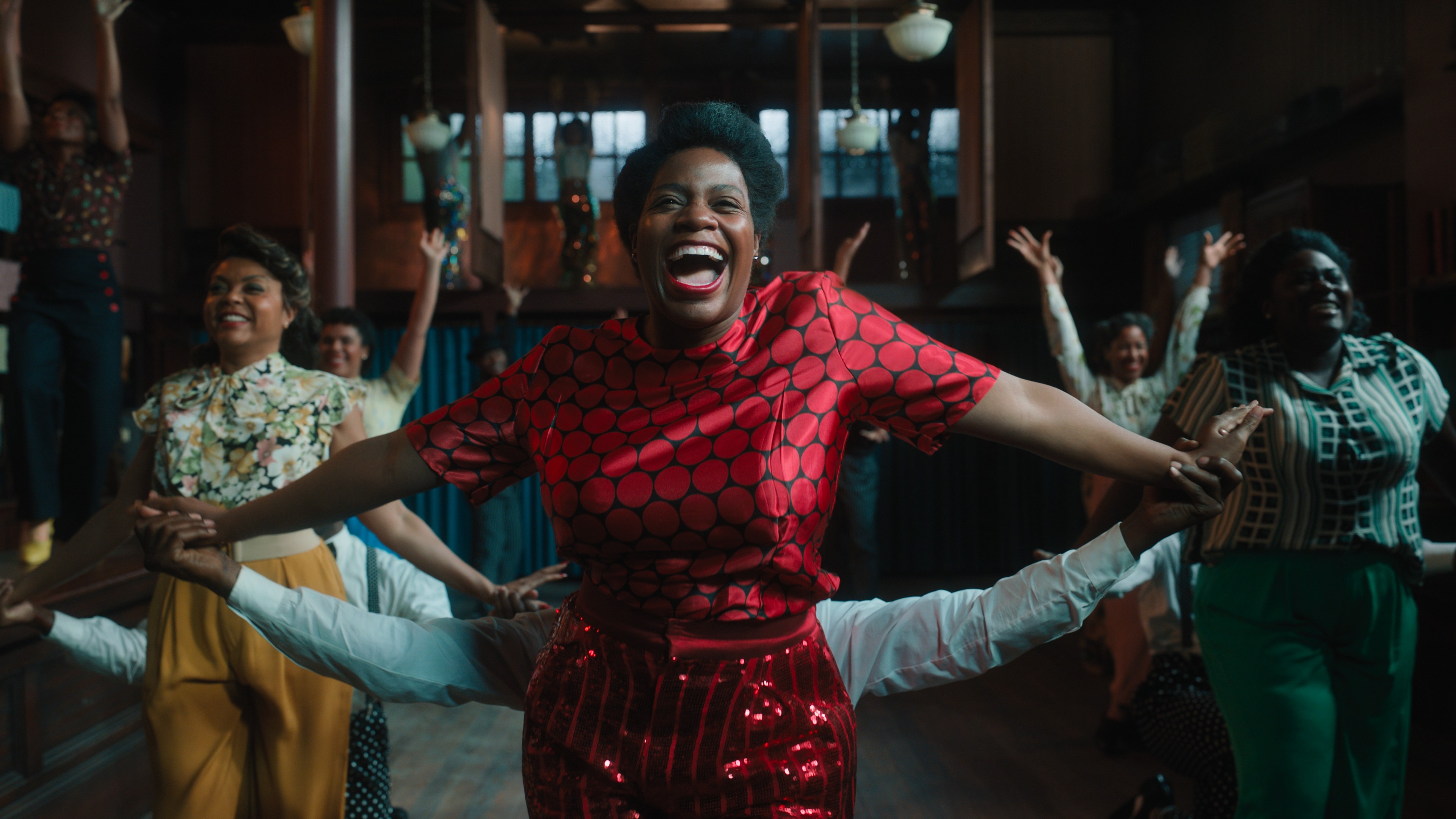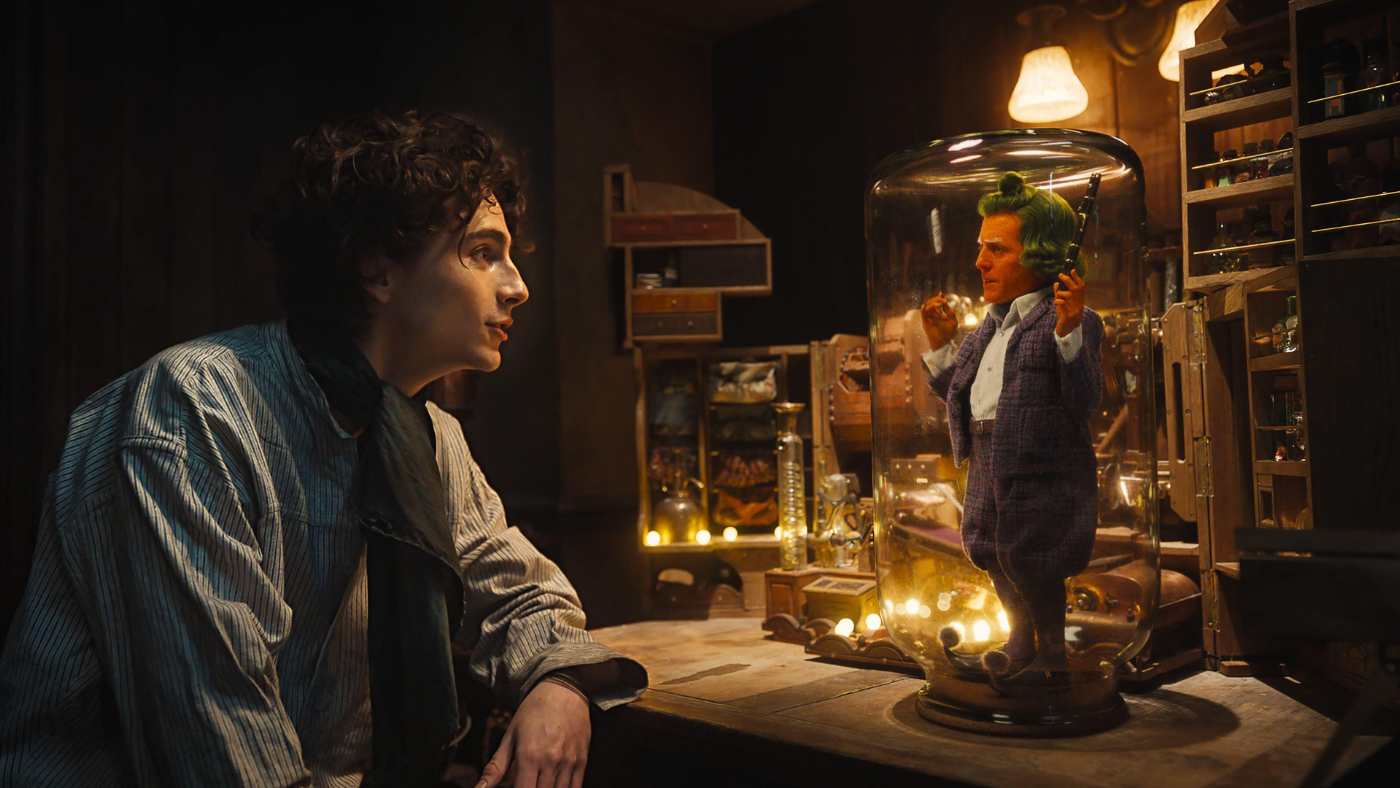A Very English Scandal: the true story behind BBC drama on Jeremy Thorpe
Three-part drama recounts the former politician's rise and fall as well as changing attitudes in British society

A free daily email with the biggest news stories of the day – and the best features from TheWeek.com
You are now subscribed
Your newsletter sign-up was successful
BBC One’s A Very English Scandal concluded last night, just as police have been revisiting the case in real life.
The dramatic retelling of the 1970s scandal involving former Liberal leader Jeremy Thorpe was described by The Daily Telegraph as the “best drama of the year so far”.
Hugh Grant gives a “career-defining performance” as the politician accused of conspiring to murder his former lover Norman Scott, says the newspaper.
The Week
Escape your echo chamber. Get the facts behind the news, plus analysis from multiple perspectives.

Sign up for The Week's Free Newsletters
From our morning news briefing to a weekly Good News Newsletter, get the best of The Week delivered directly to your inbox.
From our morning news briefing to a weekly Good News Newsletter, get the best of The Week delivered directly to your inbox.
There were “fabulous performances all round” as Thorpe finally came to trial in the finale “in a sea of hypocrisy, prejudice, ghastly snobbery, injustice and a chorus of tittering from the public gallery”, says The Guardian.
The three-part drama, written by Russell T. Davies and directed by Stephen Frears, was “lively and funny and joyously irreverent, a thumbed nose to propriety that delights in showing the old boys’ club with its knickers down”, says Den of Geek.
But the story has not been confined to the realms of period drama.
A re-investigation into the attempted murder was closed last year, with police under the impression that Andrew Newton, who claimed he was paid to kill Scott, was dead.
A free daily email with the biggest news stories of the day – and the best features from TheWeek.com
In the past week, police admitted that Newton might still be alive and have apparently tracked him down to a house in Surrey living under a new name.
Here's what you need to know about the scandal:

Who was Jeremy Thorpe?
Thorpe was an MP for North Devon from 1959 to 1979 and became leader of the Liberal Party in 1967, aged 37, making him the youngest head of a UK political party in 100 years.
Thorpe had shades of his much-later successor, Nick Clegg, as he was ”the beguiling, charismatic leader of a minority party that was developing interesting, radical ideas about what politics was for”, says The Guardian’s Anne Perkins.
The Liberal party improved its standing in parliament throughout his leadership and, by 1974, “he seemed on the brink of power”, says The Independent. The party garnered 20% of the vote in that year’s election but, more importantly, ”Thorpe was the most popular party leader, and (then PM Edward) Heath seemed willing to offer him a power-sharing coalition”.
But in a biography that had to wait until Thorpe’s death before it could be published, Bloch characterised him as a politician who thought the rules were for little people - a bisexual man, who “loved illicit sex for both the immediate excitement, and the later thrill of being able to extricate himself from any potential scandal”.
Though Thorpe was acquitted in 1979, his career never recovered. He died in 2014, aged 85, after a long battle with Parkinson’s.
How did the scandal start?
It arose from allegations by Norman Scott, that he and Thorpe had shared a homosexual relationship in the early 1960s.
Thorpe denied any such relationship, while admitting that the two had been friends. With help from those within the political establishment, he was able to ensure that rumours of misconduct went unreported for more than a decade.
During this time though, “the paths of the two men crossed and recrossed, Thorpe’s career advancing as Scott, suffering from recurring mental illness, struggled”, says Perkins.
Eventually, ”Thorpe and his small gang of cronies concluded Scott was a threat to Thorpe and the party”, Perkins adds.
It was the shooting of Scott’s dog, Rinka, in a layby in Exmoor on 23 October 1975 that “set in motion a chain of events that finally exposed a scandal that might otherwise have lain dormant”, says The Independent.
In May 1976, newspaper revelations prompted by the shooting meant Thorpe was forced to resign as leader. And in 1979 he was tried at the Old Bailey in London for having conspired to murder Scott, with the prosecution alleging the gunman in Exmoor, Andrew Newton, had been paid to shoot Scott.
Before the case came to trial, Thorpe lost his parliamentary seat in the May 1979 general election.
Why is the story still relevant today?
Thorpe’s legacy is a “disfigured memorial to the way the establishment could still look after its own even as the forces of modernity slowly washed away at its foundations”, says Perkins.
Indeed, much of the emphasis now is on “the way the ruling class sheltered Thorpe as long as possible”, says the Financial Times’s Robert Shrimsley. Thorpe, educated at Eton and Oxford, the son and grandson of Tory MPs, was “establishment to the core”.
At his trial, judge Sir Joseph Cantley’s summary was virtually a speech for the defence, famously saying of Thorpe’s chief accuser: “He is a crook, a fraud, a sponger, a whiner and a parasite . . . But, of course, he could still be telling the truth.”
This was because homosexuality may have been legal by the 1970s “but it was barely tolerated”, says Shrimsley.
“Revulsion, mockery or pity were the only acceptable responses,” he says, noting that the Private Eye cover bore the words “buggers can’t be losers” following Thorpe’s acquittal in 1979.
Indeed the judge’s “summing up was so comically biased it became the basis of a famous sketch by Peter Cook”, adds The Independent.
The real story of the Thorpe affair, then, “is the state-sanctioned climate of hostility in which gay men understood that exposure meant ruin”, Shrimsley adds. “We have travelled so far and so fast that it now seems astonishing to recall how bad things were so recently”.
-
 The ‘ravenous’ demand for Cornish minerals
The ‘ravenous’ demand for Cornish mineralsUnder the Radar Growing need for critical minerals to power tech has intensified ‘appetite’ for lithium, which could be a ‘huge boon’ for local economy
-
 Why are election experts taking Trump’s midterm threats seriously?
Why are election experts taking Trump’s midterm threats seriously?IN THE SPOTLIGHT As the president muses about polling place deployments and a centralized electoral system aimed at one-party control, lawmakers are taking this administration at its word
-
 ‘Restaurateurs have become millionaires’
‘Restaurateurs have become millionaires’Instant Opinion Opinion, comment and editorials of the day
-
 Why photo booths are enjoying a revival
Why photo booths are enjoying a revivalIn The Spotlight It’s 100 years since it first appeared, but the photo booth is far from an analogue relic
-
 Florida erases rainbow crosswalk at Pulse nightclub
Florida erases rainbow crosswalk at Pulse nightclubSpeed Read The colorful crosswalk was outside the former LGBTQ nightclub where 49 people were killed in a 2016 shooting
-
 Movies to watch in December, from 'Wonka' to 'The Color Purple'
Movies to watch in December, from 'Wonka' to 'The Color Purple'The Week Recommends A month for Beyoncé, Godzilla and Willy Wonka
-
 Hugh Grant Oompa-Loompa casting criticised by actors with dwarfism
Hugh Grant Oompa-Loompa casting criticised by actors with dwarfismSpeed Read Campaigners say ‘shrinking down’ actor to play ‘mocking role’ has made situation even worse
-
 Beyoncé’s controversial Dubai payday
Beyoncé’s controversial Dubai paydayTalking Point Singer criticised by human rights campaigners for lucrative appearance
-
 Love Actually and our ‘endless nostalgia loop’
Love Actually and our ‘endless nostalgia loop’Talking Point Reunions and reboots provided comfort during Covid but is it wise to keep looking back?
-
 ‘Fantasy’ flat above romcom Notting Hill bookshop hits the market
‘Fantasy’ flat above romcom Notting Hill bookshop hits the marketSpeed Read The west London property from the 1999 film is up for sale for £2.4m
-
 Rebel Wilson and the outing backlash against The Sydney Morning Herald
Rebel Wilson and the outing backlash against The Sydney Morning HeraldIn the Spotlight Wilson found herself in ‘a very hard situation’ as Australian newspaper sought details of new partner